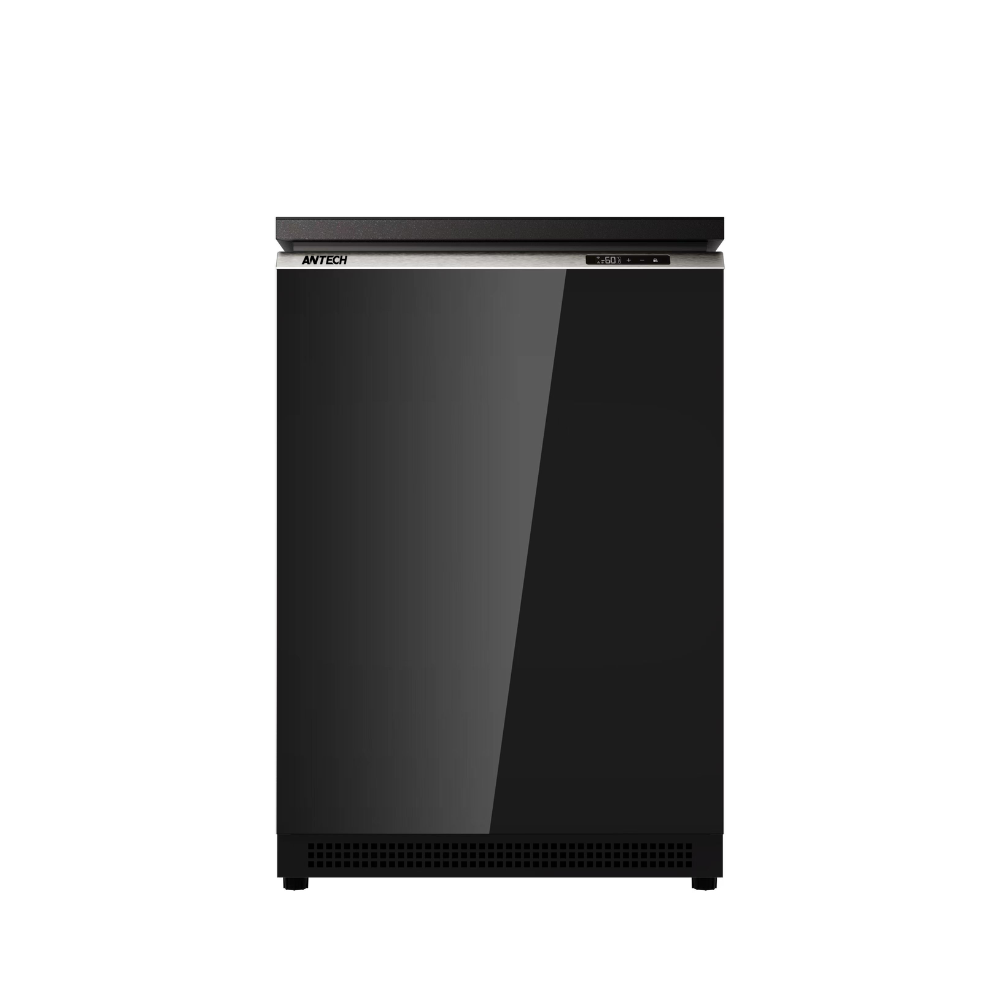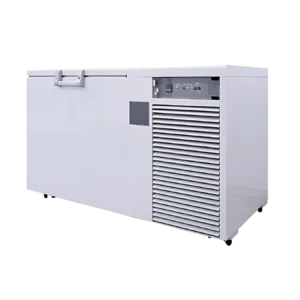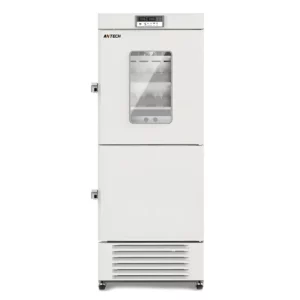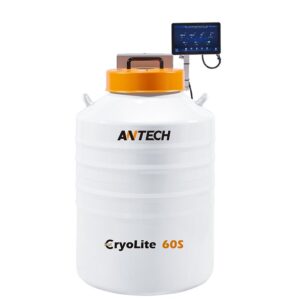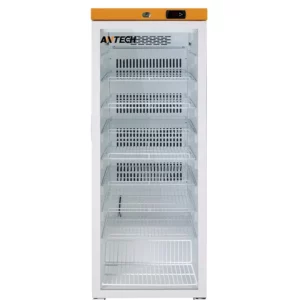The -60°C Low Temperature Freezer by Antech Scientific is a vital tool for laboratories in South Africa, especially for the long-term preservation of high-value meat, such as tuna and other temperature-sensitive products. At -60°C, cellular moisture within the meat freezes completely, effectively halting enzymatic and microbial activity. This process helps maintain the meat’s vibrant color, firm texture, and exceptional flavor over time. Even a slight increase above this ultra-low temperature can trigger deterioration, resulting in a noticeable decline in quality prior to consumption. For industries and laboratories where quality preservation is critical, precise and stable ultra-low temperature storage is non-negotiable—and the Antech freezer delivers just that.
Performance
This freezer is engineered for superior performance:
- Ultra-Low Temperature: Achieves -60°C, ensuring longer freshness for stored items.
- High-Efficiency Inverter Compressor: This technology reduces power consumption while providing better temperature uniformity.
- Microcomputer Controller: Offers precise temperature control for optimal storage conditions.
- Advanced Insulation: Utilizes Honeywell Solstice LBA fourth-generation insulation material for enhanced performance.
Design and Usability
The Freezer ~ -60°C is designed with user needs in mind:
- Silent Operation: With a noise level of just 38 dB, it operates quietly, making it suitable for any environment.
- Durable Interior: The stainless steel SUS304 interior is rust-free and easy to clean, ensuring hygiene and longevity.
- LED Lighting: Features LED lights that work efficiently at ultra-low temperatures, allowing easy access to stored items.
- Heat Dissipation: The bottom-front heat dissipation design makes it suitable for built-in installations.
Aesthetic Versatility
This freezer is available in various appearances to suit different design styles, whether for home or commercial use. Additionally, customized appearances can be created upon request.
Not sure on which freezer to purchase? Read our article: Laboratory Refrigerators and Their Impact on Research, Medicine, and Industry.

